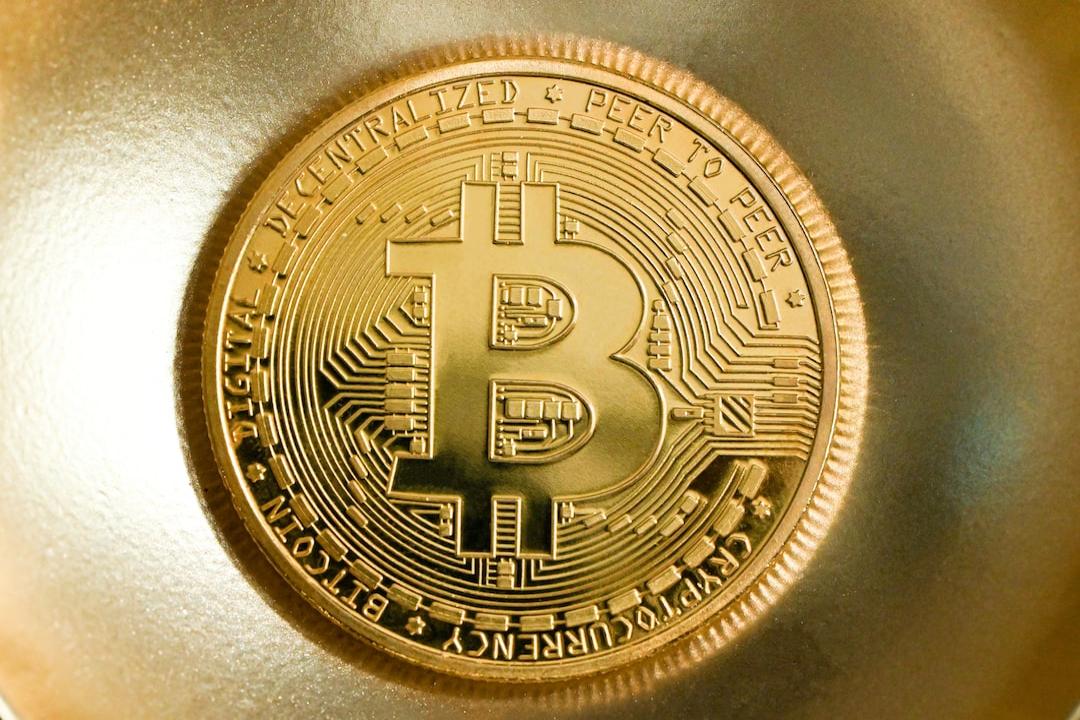**Address Poisoning: A Growing Concern for Bitcoin Users**
According to a recent report by BlockSec, a company specializing in smart contract audits, address poisoning has emerged as a significant issue for Bitcoin ($BTC). In a recent incident, an attacker employed a phishing address to impersonate a legitimate one, attempting to deceive users. The strategy involved sending a small amount of Bitcoin, aiming to trick the recipient into copying the fraudulent address from their transaction history. Fortunately, BlockSec identified this scheme before any losses occurred.
In this particular case, the phishing address (address 1) masqueraded as another (address 2) to transfer a small quantity of BTC to a third address (address 3). Given that addresses 2 and 3 had previous transactions, the attacker hoped to mislead the owner into mistakenly copying the incorrect address.
pic.twitter.com/aOirgaCykw
— BlockSec (@BlockSecTeam)
September 24, 2024
**Unsuccessful Attack Sheds Light on New Threats in Cryptocurrency**
Although this hacking attempt did not succeed, it underscores a new vulnerability within the cryptocurrency realm. Similar scams have been documented in other platforms. For example, a report from Cyvers Alerts on August 30 highlighted an incident on Binance Smart Chain (BNB) where an individual was swindled out of $100,000 in just one day. In that case, hackers manipulated addresses, causing users to send funds to incorrect destinations. They then converted the stolen BUSD and distributed the assets across various accounts.
**First Reported Case of Bitcoin Address Poisoning Raises Alarm**
This incident marks the first documented instance of address poisoning specifically involving Bitcoin. Such scams are likely to escalate with the increase in cryptocurrency transactions. Criminals take advantage of users’ dependency on these addresses, emphasizing the need for individuals to meticulously verify their transaction details before sending any funds.
In light of this alarming case highlighted by BlockSec, it is crucial for users to leverage tools that validate the authenticity of cryptocurrency addresses. While Bitcoin is generally considered secure, this incident serves as a stark reminder for users to remain cautious. Always confirming the address before executing a transaction is essential to avoid falling victim to scams, especially as the cryptocurrency market continues to expand.
Tags:
BTC


